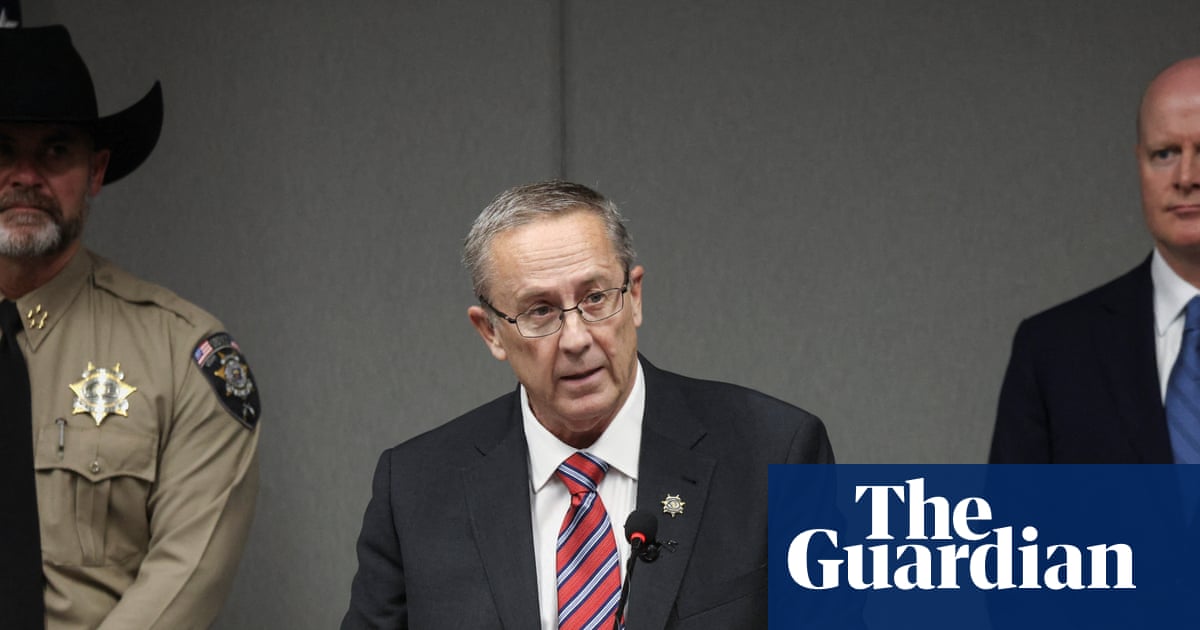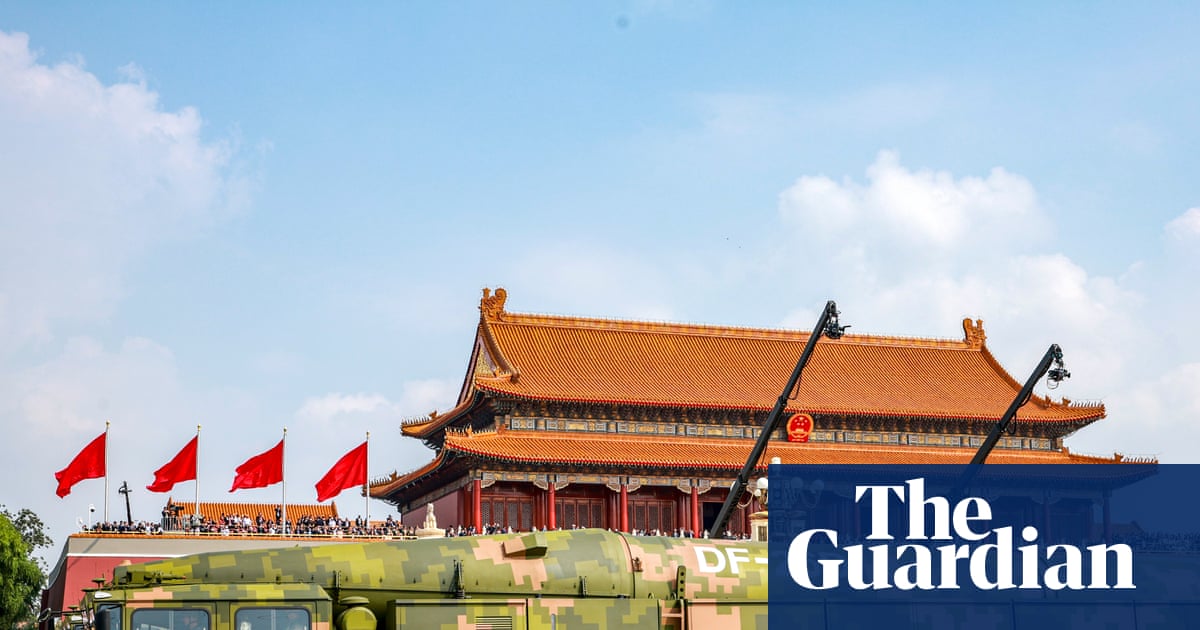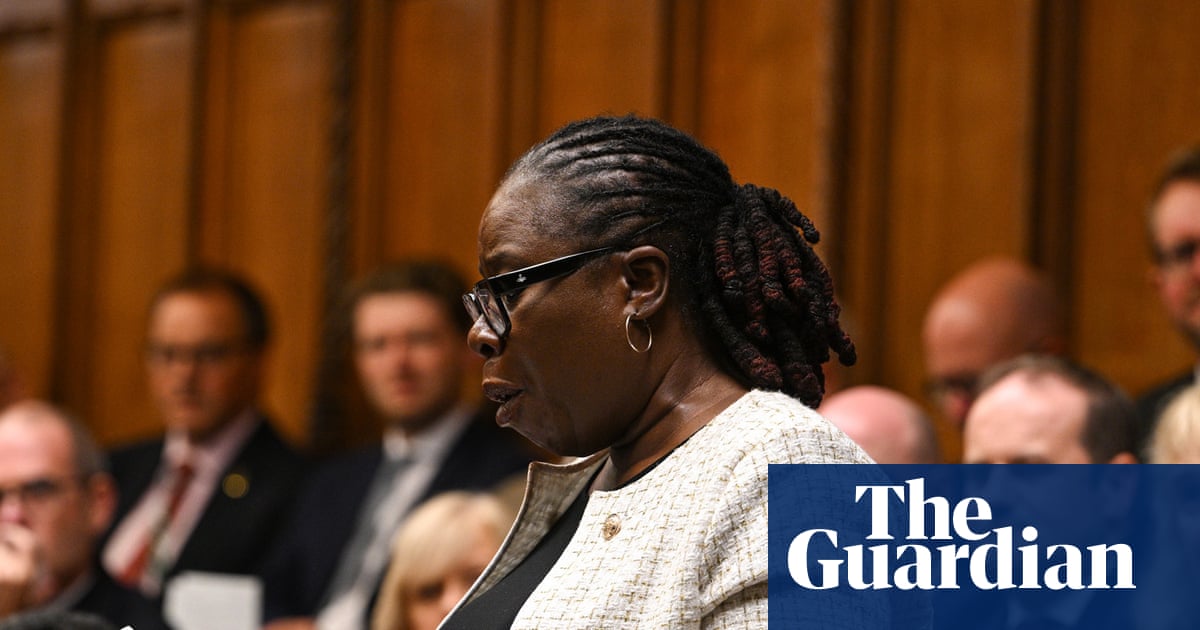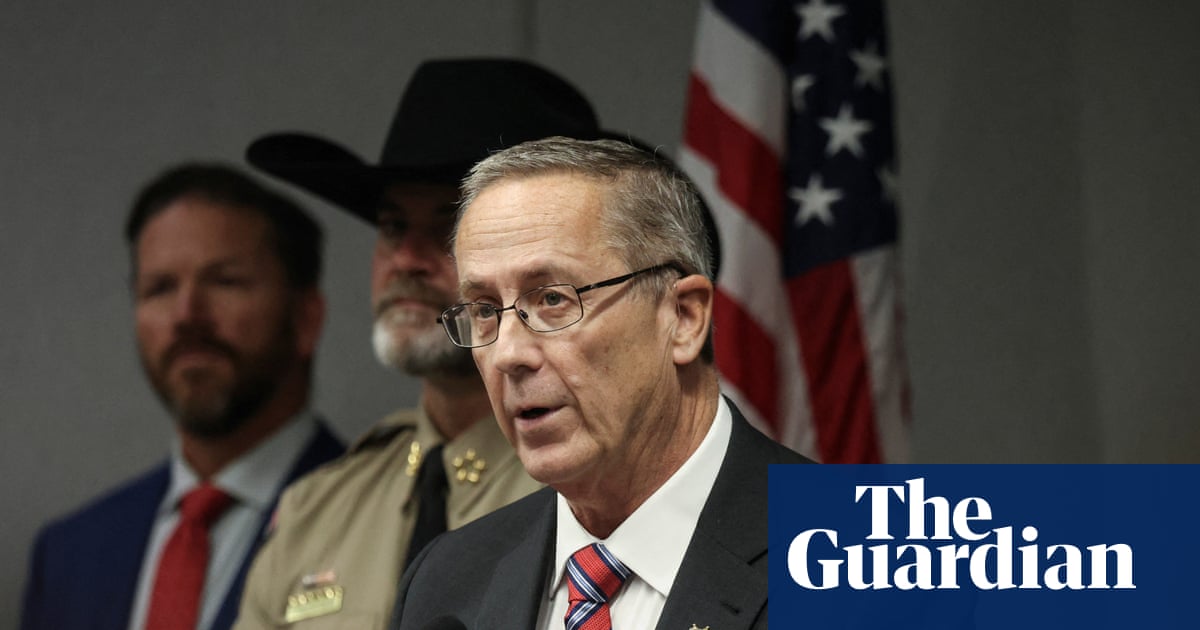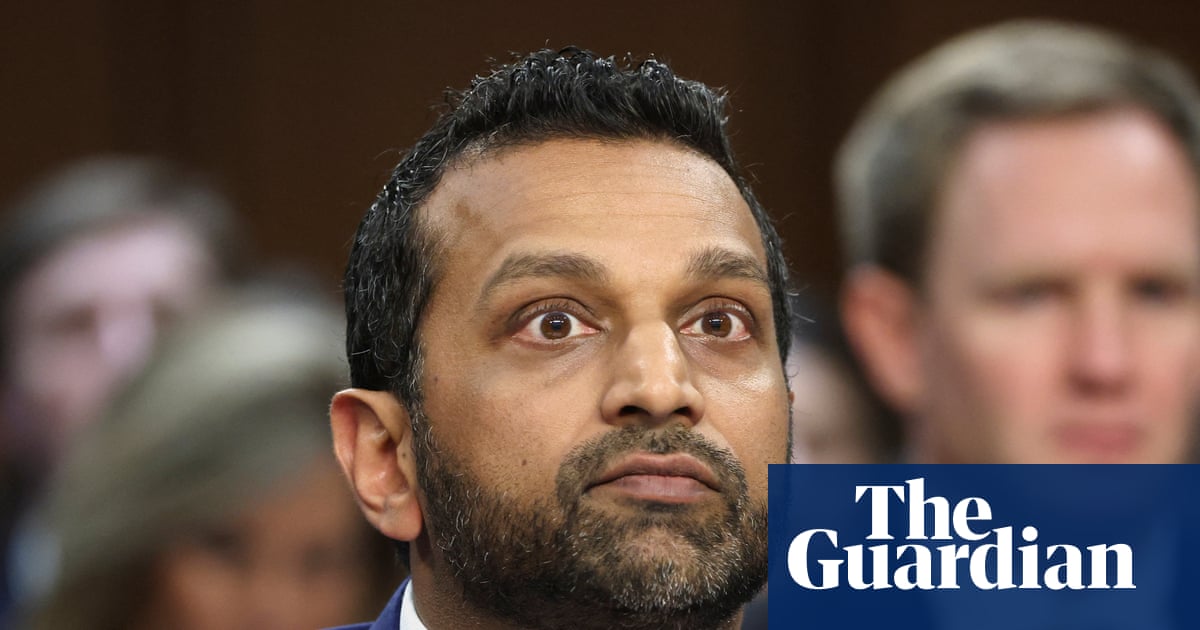The scriptwriters of Trump: the Soap Opera are slipping. The latest plot development – the epic falling-out between the title character and his best buddy, Elon Musk – was so predictable, and indeed predicted, that it counts as the opposite of a twist. Still, surprise can be overrated. Watching the two men – one the richest in the world, the other the most powerful – turn on each other in a series of ever-more venomous posts on their respective social media platforms has been entertainment of the highest order. X v Truth: it could be a Marvel blockbuster.
But this is more than mere popcorn fodder. Even if they eventually patch things up, the rift between the president and Musk has exposed a divide inside the contemporary right, in the US and beyond – and a fatal flaw of the Trump project.
Naturally, much of it is personal. That’s why so many declared from the start that this was a star-cross’d bromance, whose destiny was only ever heartbreak. Even as Musk was declaring, back in February, that “I love @realDonaldTrump as much as a straight man can love another man,” wiser heads knew it was doomed. The egos were too large, the narcissism too strong, for their love to survive. In the Trump universe, as in the Musk galaxy, there is room for only one sun.
In their case, the personal combines with business. On this reading, Musk’s disenchantment began in his pocket, his opposition to Trump’s “big, beautiful bill”, or “BBB”, currently before Congress, fuelled chiefly by the legislation’s axing of a $7,500 tax credit on the purchase of electric vehicles. With Tesla sales plunging, Musk needed that incentive to lure potential Tesla customers and was furious with Trump for scrapping it. That’s certainly the story Trump is telling. “I took away his EV Mandate that forced everyone to buy Electric Cars that nobody else wanted … and he just went CRAZY!” Trump posted.
The suggestion that Musk’s driving motive was profit seems to have particularly antagonised the billionaire, prompting him to call for his former paramour to be impeached and to claim that Trump is named in the Jeffrey Epstein files, in effect implicating the president in a paedophile ring. Musk wants to present his objection not as self-serving but as ideological, casting himself as the fiscal conservative appalled by Trump’s “disgusting abomination” of a bill because it will increase the already gargantuan US deficit by trillions of dollars.
Who’s right? It seems a stretch to argue that Trump’s hostility to electric cars was the problem: as Trump himself pointed out, Musk knew about that when he jumped on the Maga train last year. As for ballooning the deficit, you can see why that would irritate Musk. Adding trillions in red ink makes a mockery of the “cost-cutting” drive he headed up with his so-called department of government efficiency.
The billionaire was already smarting from the failure of Doge to cut anything like the $2tn in spending he promised would be easy. All he succeeded in doing by, for instance, feeding the US agency for international development, or USAID, into “the wood chipper” was to take the lives of 300,000 people, most of them children, who had depended on that agency and its grants, according to a Boston University study. Even if you are minded, charitably, to accept Musk’s own estimate, he only shrank the federal budget by about $150bn. To watch as that effort was cancelled out by a $600bn tax cut to people earning more than $1m a year would be a humiliation indeed.
Whatever its true cause, the Trump-Musk spat has illuminated a fault line in the right – and not only in the US. Battered and quieted by the Trump phenomenon, there still remain a few old-school conservatives with a vestigial presence in the Senate, for whom fiscal rectitude remains an article of faith. While Democrats oppose the “BBB” because its cuts to Medicaid will deprive more than 10 million Americans of basic health cover, these traditional Republicans are queasy about the Liz Truss-style risks of a massive unfunded tax giveaway. Overnight, Musk has become their champion.
Ranged against them are the forces of nationalist conservatism, embodied by former Trump strategist and ex-convict Steve Bannon. They don’t have a libertarian yearning for a minimal state; on the contrary, they quite like muscular displays of state power. Witness Trump’s insistence on a Pyongyang-style military parade to celebrate his birthday, and note Bannon’s response to Musk’s impudence in challenging the ruler – he called for Musk’s businesses, Starlink and SpaceX, to be nationalised. Indeed, nationalist conservatism might not be quite the right term for what Bannon offers: nationalist socialism might be more apt, though something close to that has already been taken.
There have been other manifestations of this divide. Musk opposed Trump’s tariffs; Bannon is for them. Musk wanted to see the US remain open to high-skilled, tech-savvy immigrants; Bannon wants to shut the door on them. These, then, are the two camps. (You can see similar faultlines on the British right, dividing Thatcherite Conservatives from Reform UK.) For a while, the anti-woke loathing of DEI policies was strong enough to keep the opposing blocs – free traders and protectionists; deficit hawks and big spenders – together. But that glue, as Trump said of Musk, is “wearing thin”.
That has some serious implications for US politics and Trump’s presidency. It is conceivable that Trump won’t have the numbers to pass this bill, his central legislative goal, in its current form: the Republican majority in the House is wafer-thin, and one more defecting Republican could sink the proposal in the Senate. Musk has given would-be dissenters cover. The gazillionaire had promised to spend big to help Republicans in the November 2026 midterm elections. Much can happen between now and then, but Trump may now need to look elsewhere for a patron. Who knows, Musk might even follow through on his threat to fund the president’s Democratic opponents. Even if he does not go that far, he controls a prime platform of the right: X could soon become hostile territory for Trump. The point is, Musk is not your usual Trump antagonist. He has as loud a megaphone, and more money, than the president.
It all adds up to a sad tale of two men who once had so much in common – perhaps one thing above all. Each has been lucky enough to find themselves in charge of a brand that once enjoyed global admiration and clout – and each man has systematically set about trashing that brand in the eyes of the world. Musk has done it more than once. He bought what had become an admittedly imperfect meeting place of some of the planet’s most influential people, Twitter, and turned it into a sewer of bigotry and lies, X. He built a company, Tesla, whose most obvious customers were high earners concerned about the planet and repelled them by association with a nationalist authoritarian who wants to “drill, baby, drill”.
Trump, meanwhile, has taken the US, once a magnet for talent from across the globe, and done his best to dismantle all that made it attractive: its stability, its protection of free speech, the independence of its institutions, the quality of its science and universities. This week’s moves – the travel ban, the suspicion of overseas students, the war on Harvard – to say nothing of the ongoing hostility to democratic allies and coddling of foreign dictators, are just the latest instances of Trump doing to the US brand what Musk has done to Twitter and Tesla. No wonder Trump and Musk have broken up: they were always far too alike.
-
Jonathan Freedland is a Guardian columnist
-
Do you have an opinion on the issues raised in this article? If you would like to submit a response of up to 300 words by email to be considered for publication in our letters section, please click here.

.png) 3 months ago
31
3 months ago
31



